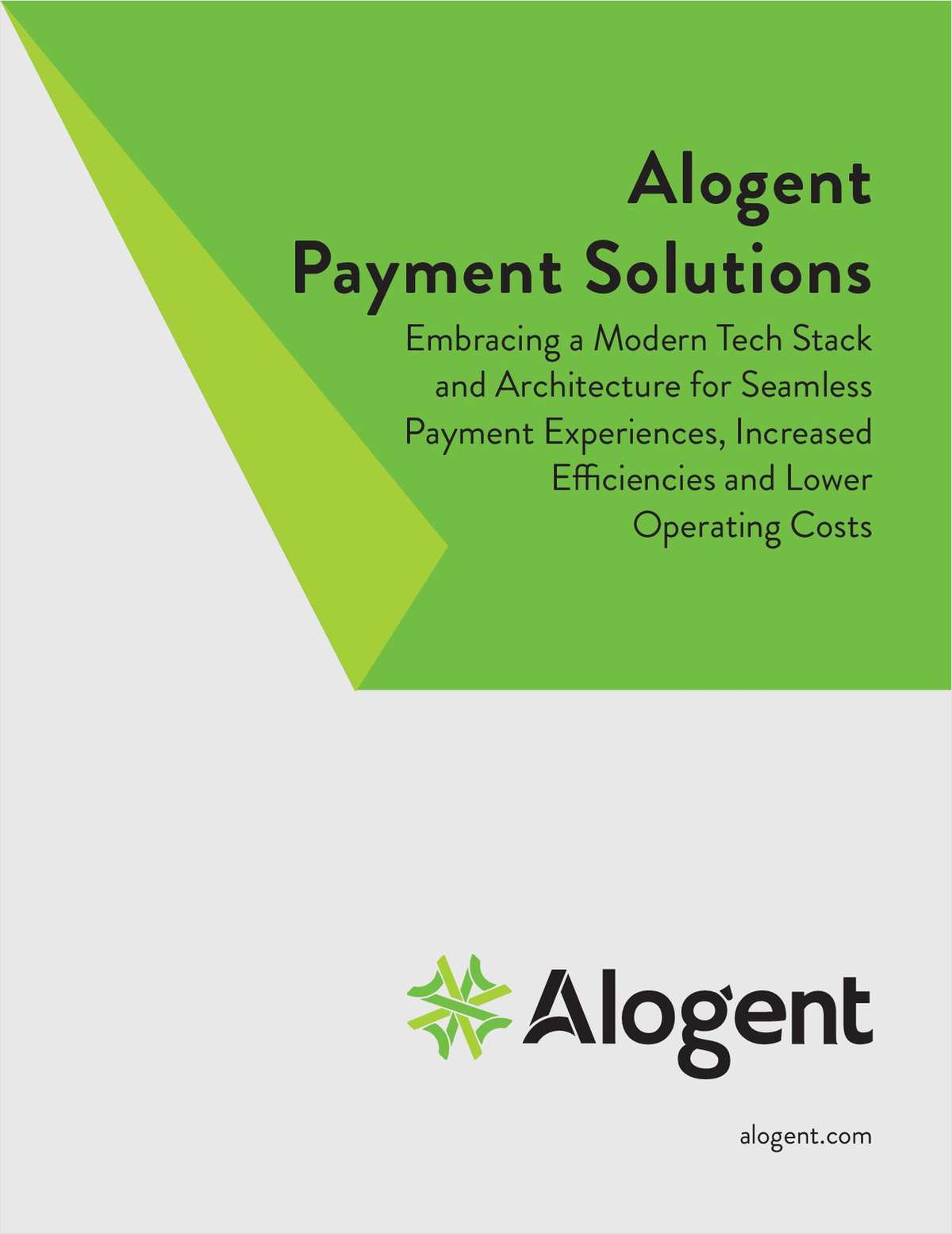VAIL, Colo. – There may be a light at the end of what has been a long tunnel states have faced over the last three years with dire financial and budget crises. But the encouraging numbers are still small, and state-chartered credit unions should be aware of the possible implications of states' continuing budget pressures. Connecticut Rep. Sonya "Sonny" Googins, speaking at the NASCUS Annual Conference here, cautioned credit unions "not to doubt that you are the target for taxation." Googins, a fifth term state representative and a member of the state's House Appropriations Committee told conference attendees they shouldn't blame the state legislators for the financial crises. "Maybe it's had to do with the closeness of Mars," she quipped. In all seriousness, the outgoing chairman of the National Conference of State Legislatures (NCSL) said state lawmakers "have done what they needed to do to balance their budgets and continue services." Initially they turned to excessive reserves, but after a time that was used up, and state legislators were forced to resort to taking other cost-cutting measures. "It's seemed over the past three years, that every time state lawmakers thought they'd solved a problem, another one showed up. As soon as we'd resolve a problem, another one reared its ugly head," said Googins. That compares "dramatically" she said, to the surplus state lawmakers had in their coffers during the previous 10 years. "Instead of having to decide where to cut spending, they had to decide where to spend the money," said Googins. No state was spared the effects of the cumulative $200 billion budget deficit over the last three years. Even though most credit union state regulatory agencies are self-funded and consequently weren't "seriously" affected by the budget crisis, "they were not immune," she said. Hopefully the worst of the budget crises is behind the states, but Googins emphasized that, "State legislatures have cast their nets for new sources for revenue. You are safe for now, but you have to remain vigilant." Googins reassured conferees that state legislators are well aware of the enormous contribution that state-chartered credit unions have made to the economies of states and appreciate the role of the state regulator. They want to approach how taxation will affect the balance of power between federal and state-chartered credit unions. They don't want to do anything, she said, that will tip the balance of power. "The NCSL is in state-chartered credit unions' corner," she said, and quoted the closing paragraph from the NCSL's Policy Statement on Dual Chartering of Credit Unions that was unanimously adopted by the NCSL Financial Services Standing Committee on July 23, 2003, as well as by the NCSL Business Meeting on July 25: "The NCSL will oppose any effort by the Administration and Congress to preempt state credit union laws and regulations, unless to oppose such efforts would adversely impact the financial well-being of state-chartered credit unions." -
Complete your profile to continue reading and get FREE access to CUTimes.com, part of your ALM digital membership.
Your access to unlimited CUTimes.com content isn’t changing.
Once you are an ALM digital member, you’ll receive:
- Breaking credit union news and analysis, on-site and via our newsletters and custom alerts
- Weekly Shared Accounts podcast featuring exclusive interviews with industry leaders
- Educational webcasts, white papers, and ebooks from industry thought leaders
- Critical coverage of the commercial real estate and financial advisory markets on our other ALM sites, GlobeSt.com and ThinkAdvisor.com
Already have an account? Sign In Now
© 2024 ALM Global, LLC, All Rights Reserved. Request academic re-use from www.copyright.com. All other uses, submit a request to [email protected]. For more information visit Asset & Logo Licensing.









